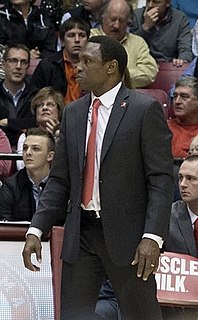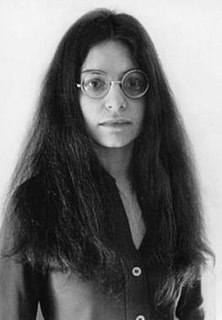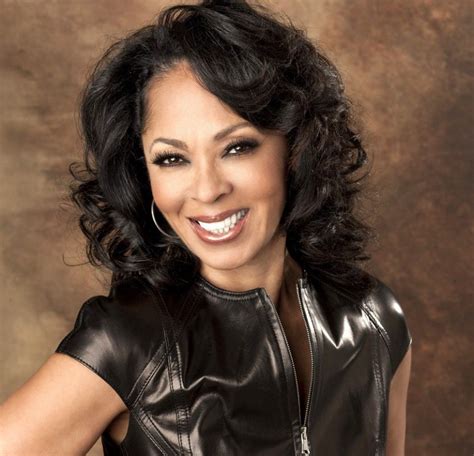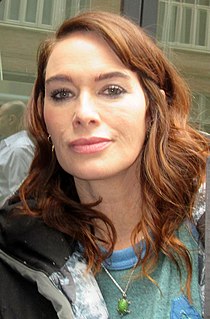A Quote by Daniel Craig
The character I play has all these revolutionary ideas. I think the classic thing is that majority people who are criticising it probably have never read the books, and need to. And I'm sure that the Catholic Church, which is being directed as you know, can handle it.
Related Quotes
I never look at fashion magazines. I find them incredibly boring. To me, reading a fashion magazine is the last thing I need to do. I've got books I need to read. More people should read books. It's the most concentrated experience you can have. You know, all those incredible geniuses concentrated their lifetimes' experiences in books. It's much better than chattering away to somebody who's never read anything and knows nothing at all.
I've heard people ask, What's so sacred about a classic books that you can't change it for the modern child? Nothing is sacred about a classic. What makes a classic is the life that has accrued to it from generation after generation of children. Children give life to these books. Some books which you could hardly bear to read are, for children, classic.
The best thing about conceptual poetry is that it doesn’t need to be read. You don’t have to read it. As a matter of fact, you can write books, and you don’t even have to read them. My books, for example, are unreadable. All you need to know is the concept behind them. Here’s every word I spoke for a week. Here’s a year’s worth of weather reports... and without ever having to read these things, you understand them.
Revolutionary politics, revolutionary art, and oh, the revolutionary mind, is the dullest thing on earth. When we open a revolutionary review, or read a revolutionary speech, we yawn our heads off. It is true, there is nothing else. Everything is correctly, monotonously, dishearteningly revolutionary. What a stupid word! What a stale fuss!
Growing up in New Orleans, my mom and dad were churchgoers. I would go to church with them. Also, I was going to a Catholic school so I had a fascination with the Catholic Church mainly because, in my mind, (their services) didn't take as long. I was bouncing in between my mom's Baptist church, which was called Second Zion Baptist, and going to a Catholic Church.
The classic trap for any revolutionary is always, “What's your alternative?” But even if you could provide the interrogator with a blueprint, this does not mean he would use it: in most cases he is not sincere in wanting to know. In fact this is a common offensive, a technique to reflect revolutionary anger and turn it against itself. Moreover, the oppressed have no job to convince all people. All they need know is that the present system is destroying them.
Most of my library consists of books on the Catholic faith: conversion stories, books on saints and Early Church Fathers, Apparitions of Mary, prayer books, Scriptural resource books on Apologetics, Typology, concordances, bible dictionaries, bible encyclopedias and at least 40 bibles - both Catholic and Protestant editions in several different translations.
If you are resolutely determined to make a lawyer of yourself, the thing is more than half done already. It is but a small matter whether you read with anyone or not. I did not read with anyone. Get the books, and read and study them till you understand them in their principal features; and that is the main thing. It is of no consequence to be in a large town while you are reading. I read at New Salem, which never had three hundred people living in it. The books, and your capacity for understanding them, are just the same in all places.
In evangelical and Pentecostal churches, most people have a home church they identify with, but you have a favourite pastor or evangelist that you listen to occasionally. Studying scripture means you don't just read the Bible: you read devotional books and books designed to help your spiritual walk or the church broadly construed.




































